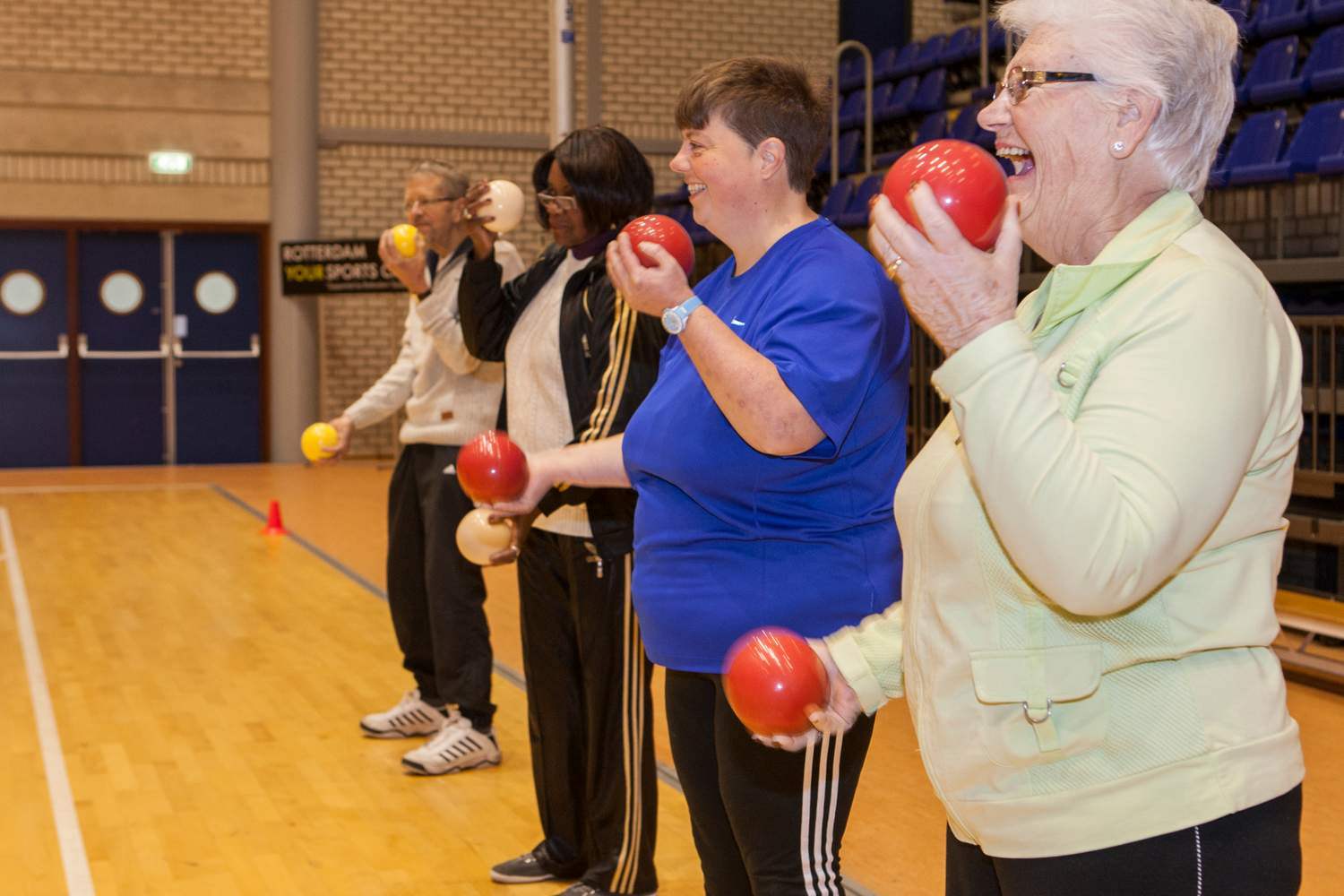Towards a sex and gender sensitive approach of cardiac rehabilitation
Lack of research on outcomes of women during cardiac rehabilitation:
Cardiac rehabilitation is essential for patients after cardiovascular disease. Substantial benefits of cardiac rehabilitation on lipid profile, blood pressure, quality of life, mortality, and hospital readmissions were shown.
For decades, cardiovascular disease has been seen as a men’s disease. Enrolment of women in clinical CVD trials is low. In three large cardiac rehabilitation trials performed over the past years in the Netherlands, participation of women was only between 19%-21%. These percentages are much lower than the proportion of women eligible for cardiac rehabilitation. Still, outcomes of studies have been generalized to both sexes. The current cardiac rehabilitation guidelines are based on research performed in populations mainly consisting of men. It is known that sex and gender differences exist in health outcomes and behaviours. When entering cardiac rehabilitation, women are older, have a higher blood pressure, a higher cholesterol, a lower exercise capacity, and have more psychosocial problems. Furthermore, several studies have shown that women are less likely to be referred and adhere to cardiac rehabilitation. Only few studies focused on sex and gender differences in outcomes of cardiac rehabilitation. It has been suggested that women might benefit less from cardiac rehabilitation. There seems to be a sex (or gender) gap: women may be in greater need of cardiac rehabilitation, but seem less likely to participate, adhere and benefit. More in-depth research on both sex and gender differences in cardiac rehabilitation outcomes is warranted to further develop evidence-based cardiac rehabilitation.
OPTICARE M/F study
The purpose of this study is to perform additional analyses on the data collected in the randomized controlled trial OPTICARE to explore the role of sex and gender differences in the effectiveness of different types of cardiac rehabilitation interventions.
In the OPTICARE randomized controlled trial, 914 participants (of which 175 (19%) women) with cardiovascular disease were enrolled. This RCT provides a unique opportunity to investigate both sex (biological) and gender (based on gender-roles) differences in efficacy of different types of cardiac rehabilitation. Standard cardiac rehabilitation was compared to two novel extended behavioural cardiac rehabilitation programs (one offered in groups and one offered by phone). Outcomes include physical activity, sedentary behaviour, fatigue, participation in society, quality of life, anxiety and depression, cardio metabolic risk, and aerobic capacity. All outcomes were measured at randomization, 3 months, 12 months, and 18 months. The OPTICARE-M/F is performed in a collaboration with Capri Cardiac Rehabilitation and was co-financed by the Dutch Organisation for Health Research and Development (ZonMw, Grant number 108813) and Capri Cardiac Rehabilitation. Outcomes are expected end of 2021.Scientific Lead
Period
12-2018 / 12-2021
Clinical focus area
Cardiac Rehabilitation

 Photo made by Marieke de Lorijn
Photo made by Marieke de Lorijn